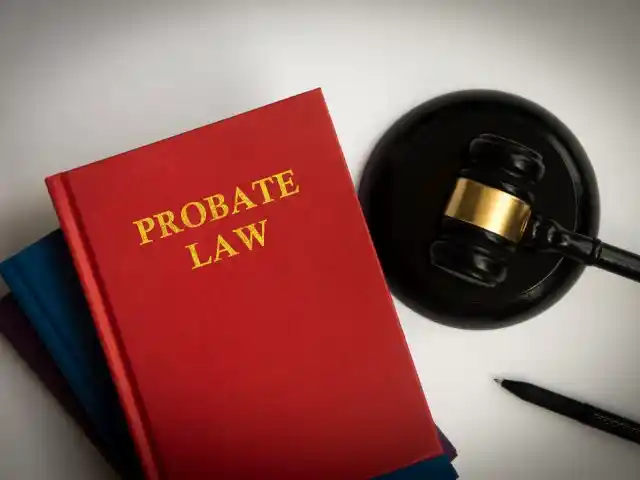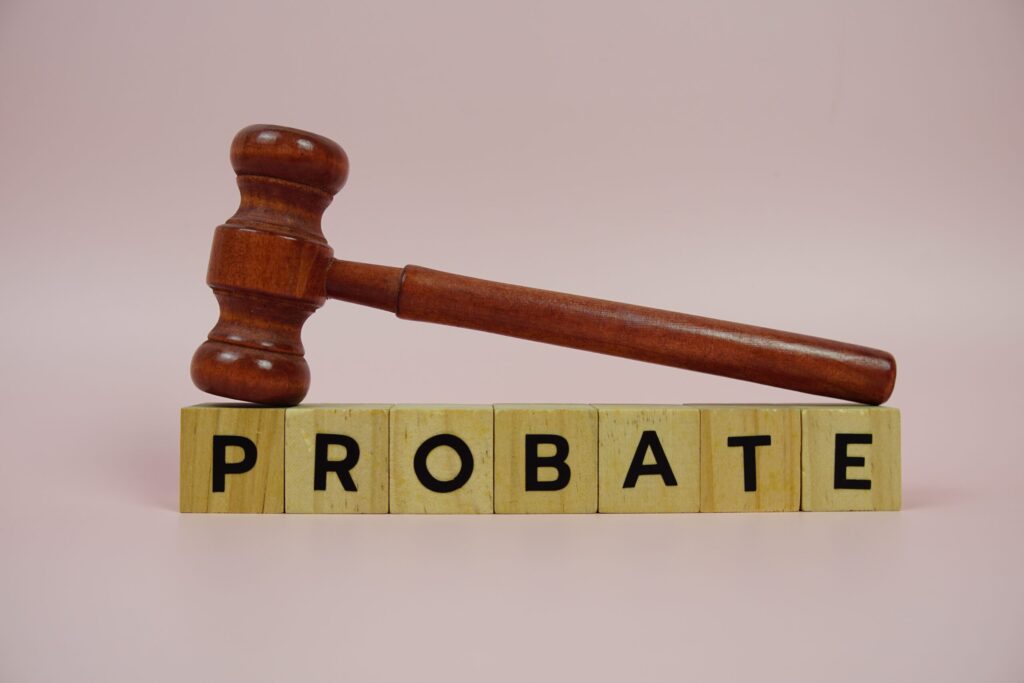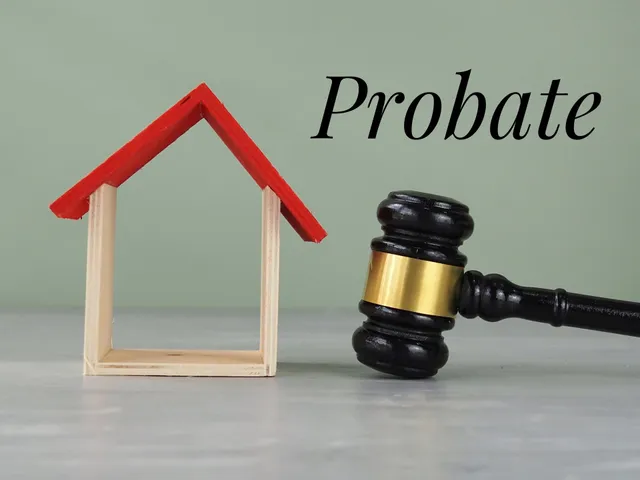Understanding the Probate Process in Texas
The probate process in Texas can seem daunting, but understanding its key components can help ease the burden. Probate is the legal procedure for validating a deceased person's will and overseeing the distribution of their assets. It involves several steps, including filing the will with the court, notifying heirs and creditors, and ultimately distributing the estate according to the will or Texas intestacy laws if no will exists.
In Texas, the probate process typically begins with the appointment of an executor or administrator who is responsible for managing the estate. This includes gathering assets, paying debts and taxes, and distributing the remaining assets to beneficiaries. The duration of the probate process can vary based on the complexity of the estate, but it generally takes several months to complete. Understanding these steps can help individuals navigate the process more effectively.
Common Myths About Probate in Texas
There are many misconceptions surrounding probate, leading to confusion about its purpose and implications. One common myth is that all estates must go through probate, which is not true. In Texas, certain small estates may qualify for a simplified process, allowing for quicker and less costly resolutions.
Another myth is that probate is always a lengthy and expensive process. While it can be time-consuming, particularly for larger estates, proper planning and the use of trusts can significantly reduce the time and cost involved. By dispelling these myths, individuals can make more informed decisions regarding estate planning and the probate process.
Accessing Probate Records: A Step-by-Step Guide
Accessing probate records in Texas is essential for various parties, including heirs, attorneys, and genealogists. The process typically involves visiting the county clerk's office where the probate case was filed. Individuals can request copies of the probate documents, which may include the will, inventory of assets, and court orders.
To ensure a smooth experience, it is helpful to have relevant information on hand, such as the deceased's full name, date of death, and the county of probate. Many counties also offer online access to probate records, making it easier for individuals to obtain the information they need without needing to visit in person.
Probate Alternatives: Exploring Your Options
While probate is a common method for settling an estate, there are several alternatives that may be more suitable depending on individual circumstances. Options such as living trusts, joint ownership, and payable-on-death accounts can help bypass the probate process entirely, allowing for a more efficient transfer of assets.
For instance, establishing a living trust allows individuals to place their assets into a trust during their lifetime, which can then be distributed to beneficiaries without going through probate. Understanding these alternatives can empower individuals to make strategic decisions in their estate planning, ensuring that their wishes are honored while minimizing potential complications.







